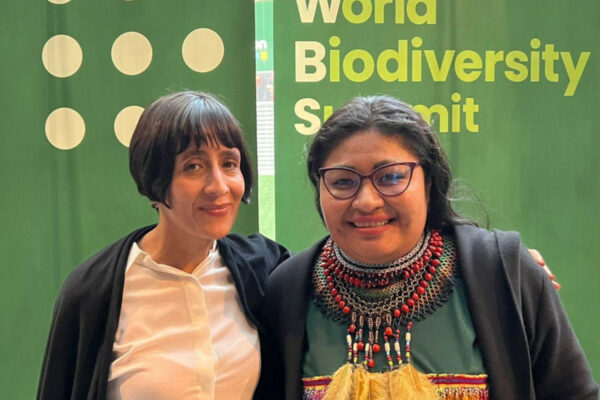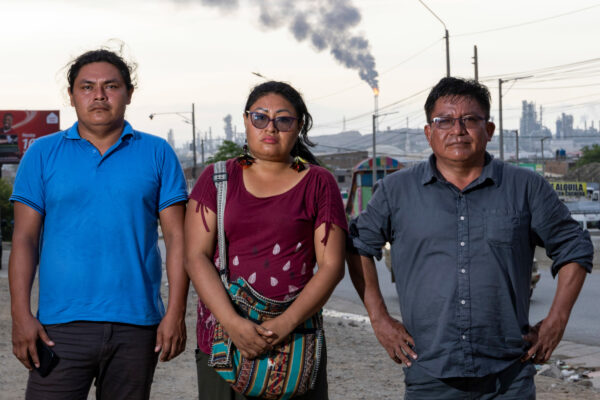Indigenous people in Peru have suffered “devastating consequences” as a result of extractive industries in the Amazon rainforest, according to the United Nations’ Special Rapporteur on Indigenous Rights.
During a week-long trip to the country, James Anaya visited indigenous communities in Loreto, an Amazon region which has been heavily contaminated over the last 40 years by oil companies. In particular he visited an oil concession known as Block 192 (formerly Block 1AB).
“I have been able to personally confirm the serious environmental problems that exist in this zone due to the oil industry,” Anaya said. “This includes the contamination of the body of waters and the soil used by the indigenous people in this region, which has affected their food sources and their health.”
Last month, Peru’s environmental regulator OEFA fined Argentine oil and gas company Pluspetrol $7.2m (£4.4m) for contaminating a lake to such an extent that it effectively disappeared. It said the company caused irrecoverable ecological loss to the Shanshacocha lake and had failed to report the incident.
Pluspetrol blamed the contamination on the previous operators, Occidental Petroleum. The company owes millions of dollars in unpaid fines and, in March, sparked an environmental emergency in the same northern Amazon region.
“An example of the various negative experiences of natural resources in Peru is the situation of indigenous people in the Pastaza, Tigre, Corrientes and Marañon river basins,” Anaya said. “These people, for more than four decades, have been affected by oil exploitation in Block 1-AB.”
He called on the Peruvian government and Pluspetrol to increase environmental remediation efforts and said the indigenous people in the area should be compensated for the decades of environmental contamination.
“The indigenous leaders repeatedly made clear to me that they do not oppose development, but that the development must be in keeping with their rights, including their rights over their lands, natural resources and their own aspirations and priorities for development,” he added.
Conflicts over natural resources are common in Peru. Anaya last visited the country in 2009 following the violent clashes in Bagua in which more than 30 police officers and indigenous protesters were killed.
The special rapporteur said since then progress had been made with the congressional approval of law on the prior consultation of indigenous peoples in 2011, but its implementation had been slow and it was unclear if it would help resolve disputes.
Anaya said decades of suffering the negative impact of extractive industries had caused a “deterioration of relations between indigenous people and the state that still needs to be overcome.”
“The challenge now is to ensure that prior consultation is implemented according to the relevant international standards,” he said.
He also urged the Peruvian state to act with “extreme caution” in the proposed extension of Block 88, part of the Camisea gas fields, which already overlaps the Nahua-Kugapakori indigenous reserve, where nomadic groups live in a situation of “voluntary isolation and initial contact”.













